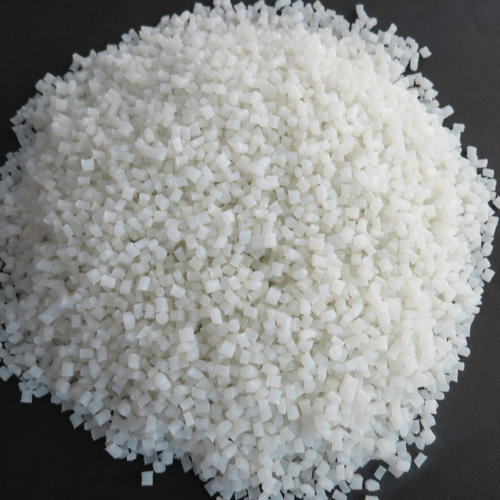On October 13th, with the 500,000-ton/year extrusion granulation unit of polypropylene plant officially feeding and producing qualified granules, the trial run of extrusion granulation material of polypropylene plant in Guangdong Petrochemical Company was successfully completed, 36 days ahead of the planned node. At this point, the granulation and air delivery system of polypropylene plant has been fully connected.

Guangdong Petrochemical's 500,000 ton/year polypropylene plant is the UNIPOL polypropylene plant with the largest capacity of single-line extruder in the world. It is contracted by the EPC of Huanqiu Engineering Company, covering an area of 55,000 square meters. It was handed over to China on May 20th this year, and it is the first production plant of Guangdong Petrochemical's refining and chemical integration project. The unit adopts UNIPOL gas phase polymerization technology, and uses propylene, ethylene and hydrogen as main raw materials to produce three types of products: homopolymer, random copolymer and impact copolymer. Under normal working conditions, the unit can produce 63 tons of polypropylene pellets per hour, and the highest output per hour can reach 78.75 tons.
Since the installation of the main gear box started on October 16th, 2021, Guangdong Petrochemical Company has overcome many difficulties, such as severe epidemic situation, late arrival of materials, strict grouting requirements, etc., and completed 46 large and small nodes, such as foundation construction, installation of main equipment, installation of auxiliary units, process piping, installation and commissioning of electrical instruments, acid washing and oil transportation.
At present, Guangdong Petrochemical Refining & Chemical Integration Project is in full swing for production preparation, and sprints towards completion and production. By the beginning of October, the trial run of pumps and motors in Guangdong Petrochemical Refining and Chemical Integration Project was 100%, and the oil transportation of large units was 91.07%.












